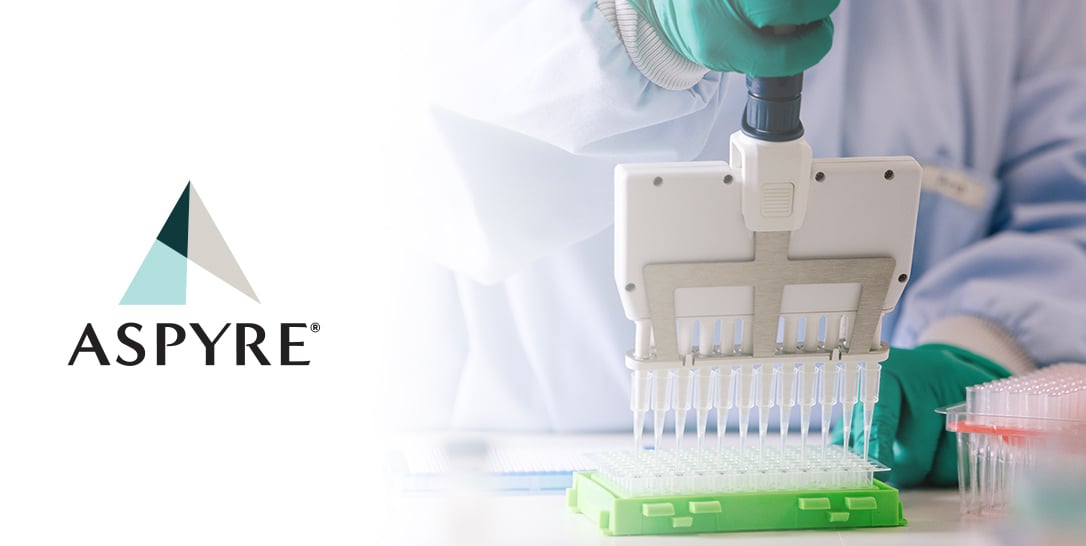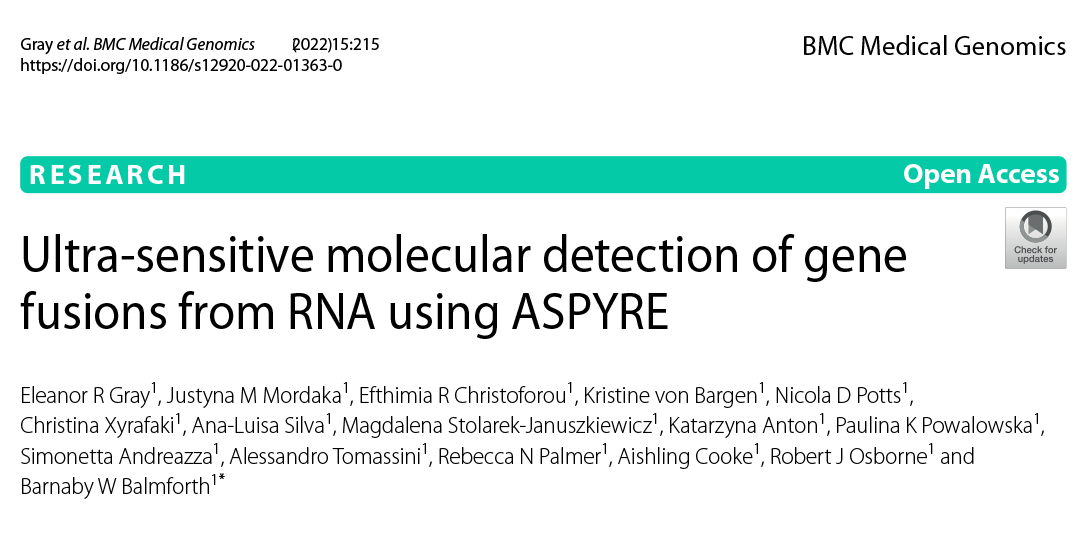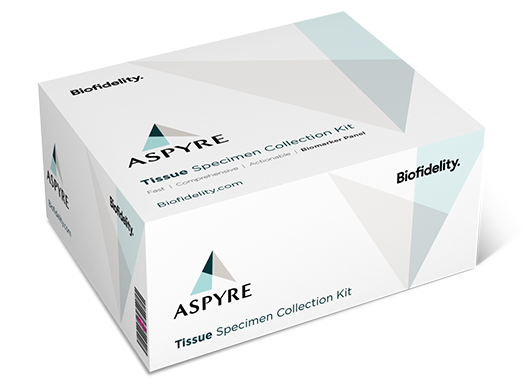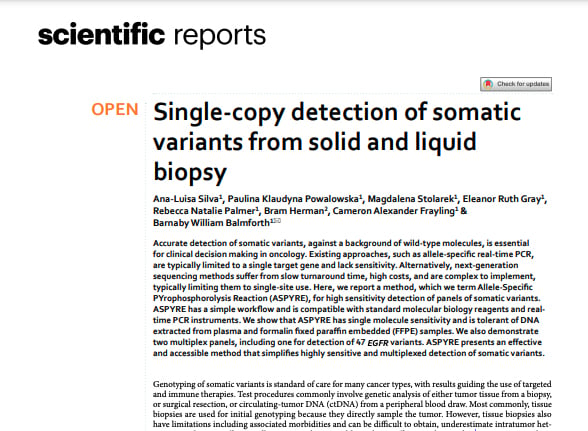Physicians
Diagnosis to treatment in days, not weeks
NCCN guidelines recommend that all Stage IV NSCLC patients be tested for potential DNA and RNA biomarkers that would open the door to targeted therapeutic options.
However, fewer than 50% of patients undergo comprehensive biomarker testing in the US.1
Why? Because unfortunately the current industry standard for comprehensive biomarker testing - next-generation sequencing (NGS) - has multiple limitations that have significantly impacted your ability to routinely utilize biomarker testing:
- Time to receive test results - Can take weeks to receive test results.2
- Insufficient sample quantity – 25% of lung samples do not contain sufficient DNA material to qualify for testing.3
- Quality Control (QC) failure rate - Complexity of testing process often yields no results.3
- DNA only testing - Potentially missing actionable RNA fusions.4
- Actionability – Test reports contain pages of non-actionable information.
ASPYRE-Lung overcomes these barriers - Positioning it as the ideal first choice when you need to rapidly identify the best treatment options for your patients.
Fast time to treatment
ASPYRE® is a patented molecular chemistry that uses a unique enzymatic reaction to dramatically accelerate the detection of actionable biomarkers from blood or tissue within hours vs. weeks for sequencing technologies.
Ultra-sensitive
ASPYRE is as sensitive and specific as gold standard NGS assays, with 100% positive and negative percent agreement demonstrated across both DNA & RNA.
Actionable results
ASPYRE’s comprehensive lung panel identifies all NCCN guideline recommended biomarkers for NSCLC patients, with an easy to interpret two-page report.
Reduced sample requirements
ASPYRE’s high sensitivity enables testing from tissue samples with as little as 10% tumor content, compared to 20% or 30% for most competing assays, minimizing the frustration associated with QNS rates.
DNA + RNA
ASPYRE simultaneously analyzes DNA and RNA from blood or tissue in a single assay, maximizing the opportunity to identify mutations and fusions, while avoiding the additional time and expense of running separate assays.
References
- Biomarker tissue journey among patients with untreated metastatic non-small cell lung cancer (MNSCLC) in the U.S. Oncology Network community practices. (Oral Abstract Session, ASCO 2021), Robert NJ, et al. J Clin Oncol.2021;39;(suppl 15; abstr 9004). Doi:10.1200/JCO.20211.39.15_suppl.9004
- Compromised Outcomes in Stage IV Non-Small-Cell Lung Cancer With Actionable Mutations Initially Treated Without Tyrosine Kinase Inhibitors: A retrospective Analysis of Real-World Data, DOI: 10.1200/OP.22.00611 JCO Oncology Practice, published online August 09, 2023
- Impact of Clinical Practice Gaps on the Implementation of Personalized Medicine in Advanced Non-Small-Cell Lung Cancer, Helen Sadik, PhD. https://ascopubs.org/doi/full/10.1200/PO.22.00246
- High Yield of RNA Sequencing for Targetable Kinase Fusions in Lung Adenocarcinomas with No Mitogenic Driver Alteration Detected by DNA Sequencing and Low Tumor Mutation Burden, Ryma Benayed, et. Al., Clin Cancer Res (2019) 25 (15): 4712-4722. https://doi.org/10.1158/1078-0432.CCR-19-0225
Straightforward physician report
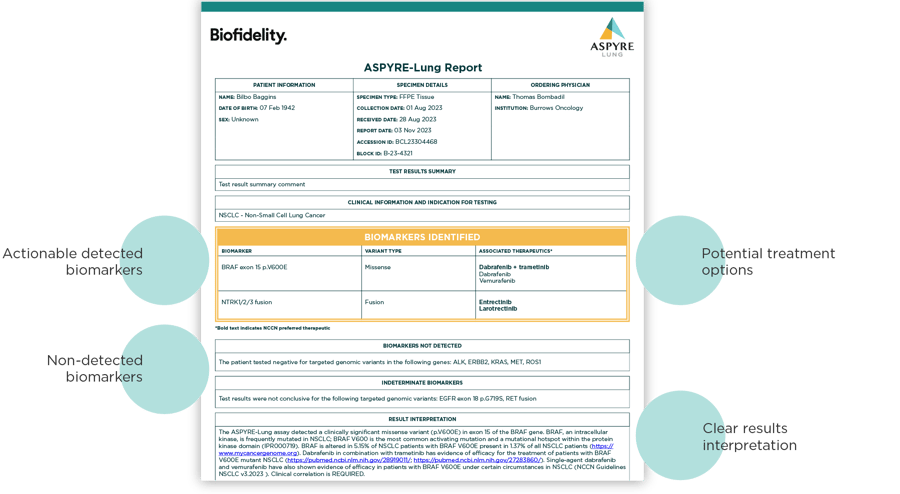
Featured resources & publications
